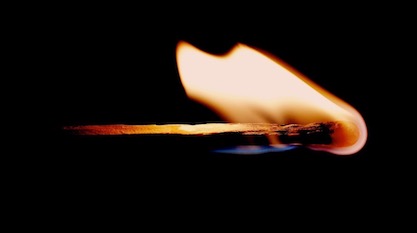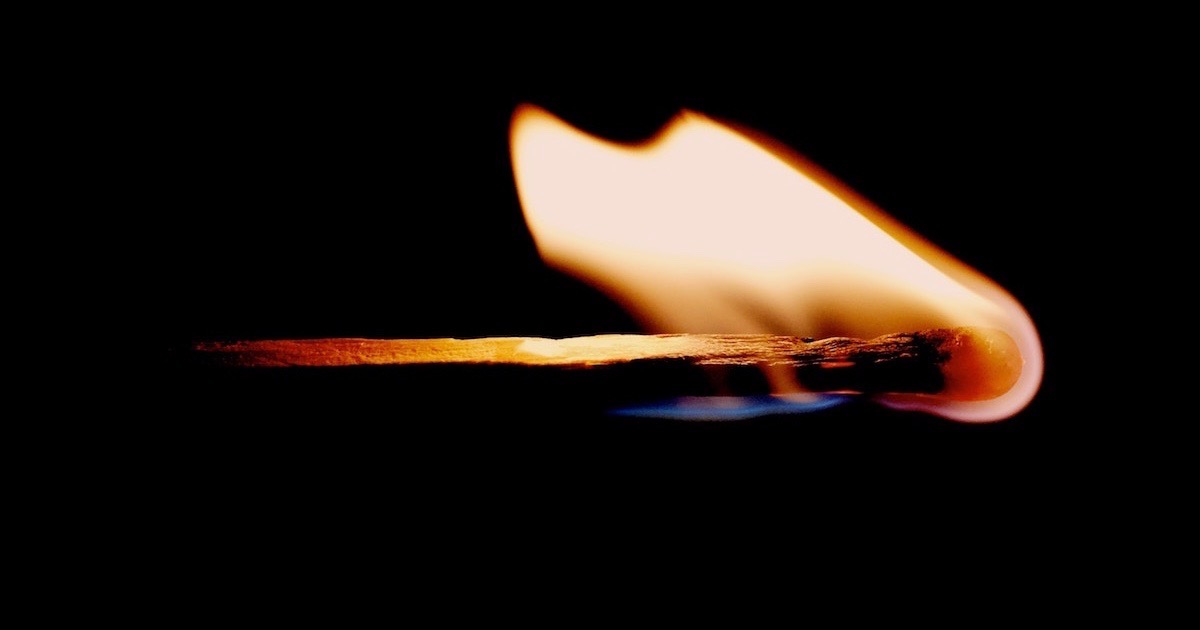 Culture & Ethics
Culture & Ethics
Romanticizing a Suicide “for the Earth”


I was not at all pleased by the way that the New York Times’s annual “The Lives they Lived” — obituaries for notables who passed away in 2018 — depicted the death of David Buckel, a radical environmentalist who killed himself by self-immolation to benefit the earth. From the story:
Near the body, in an otherwise-empty garbage bag inside a shopping cart, officers found an envelope containing a 1,276-word letter, which Buckel had also sent to several newspapers. The letter said that his “early death by fossil fuel” — referring to the gasoline with which he had started the fire — “reflects what we are doing to ourselves” by ignoring climate change. Buckel explained that his privilege had come to outweigh any benefit that he was providing to the earth. “After long years of effort,” he wrote, “it may be clear that staying in the world is doing more harm than good. … A lifetime of service may best be preserved by giving a life.”
Self-Loathing and Misanthropy
This is awful, indicating potential mental illness, but most definitely, a level of self-loathing and general misanthropy that radical environmentalism fosters.
We are told how Buckel romanticized Buddhist monks who burn themselves to death in protest of oppression:
Buckel had, over the years, occasionally spoken to his husband, Terry Kaelber, about the self-immolations of monks. “He thought those were very courageous acts,” Kaelber said; he did not see them as suicides.
In Buddhism, which Buckel studied with his characteristic deliberateness, self-immolation can be a kind of communication. “To burn oneself by fire,” the activist Thich Nhat Hanh wrote in a 1965 letter to Martin Luther King, “is to prove that what one is saying is of the utmost importance.” In his own letter, Buckel wrote about Tibetan monks who set themselves on fire to protest Chinese rule because “no other action can most meaningfully address the harm they see.”
But Buckel’s just being alive on the earth was nothing like the tyrannical suppression of Buddhism in Tibet. Indeed, it wasn’t “wrong” at all.
Extolling Suicide
That goes unmentioned. Instead, the obit extols the poor man’s death as if it was an act of genuine martyrdom:
For years, Buckel sought to negate the harm he caused with a continual turning of windrows [a composting technique] and recycling of water, until these measures came to seem inadequate.
One challenge with climate change is that the problem is so large it cannot be grasped. What can be grasped: A healthy man with a satisfying career and a loving family — a man who lived an almost saintlike life of helping others — died in a painful way in a public park in Brooklyn, abruptly reducing a unique living system to ash. Buckel appears to have seen his final moments as an incandescent act of speech.
That adulating tone violates the World Health Organization’s media guidelines about reporting on suicides:
Glorifying suicide victims as martyrs and objects of public adulation may suggest to susceptible persons that their society honours suicidal behaviour. Instead, the emphasis should be on mourning the person’s death.
The harsh fact is that Buckel’s suicide was futile. It won’t make a whit of difference toward improving the environment. The Times should not have presented his death as in any way laudable. It was a tragic and terrible waste.
Photo credit: Yaoqi LAI via Unsplash.
Cross-posted at The Corner.
